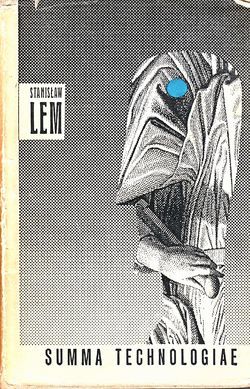At last, the ideal Pokémon GO thinkpiece, written by Bifo Berardi: In it, mentions of neoliberalism, the movie The Matrix, Jaron Lanier, Californian psychedelic culture, escapism and virtual reality convene in perfect harmony. Read Berardi in partial below, or in full via Diem 25.
Summer 2016 has marked a new step in the rush towards the annihilation. The string of suicidal terrorist acts in France, in Germany, and the fragmentary wars in the Middle East. The wave of migration from the Mediterranean, and the unrelenting rejection from the European governments, and from the European population which is turning more and more xenophobic and afraid. The exit of the United Kingdom from the European Union, and the transformation of Turkey into a nationalist dictatorship with islamist undertones. The soft golpe in Brazil, and last but not least the breathtaking ascent of Trump on the American scene. “Madamina il catalogo è questo”.
This is the reality produced by forty years of worldwide Neoliberal Reformation. Competition and privatisation have prevailed and now the result is impoverishment, inequality and global civil war.
All of a sudden, at the high point of the Summer, newspapers and television focused on the launch of Pokemon GO. People of all age went around waving their smartphone trying to capture metaphysical insects in the open air.
One may argue that the launch of Pokemon GO reveals that the process of infantilisation is taking the upper hand in the world psycho-scape.
The refusal of attending the show of barbarisation may lead a part of the population to take shelter in secluded gate communities of simulation. I want to go beyond this first sight consideration, and I want to imagine a future (many futures indeed) of the new big thing that is emerging in the sphere of technology and cultural mutation: immersion.
Pokemon GO is a game that may be categorised as Augmented Reality: in fact the simulation is not only concerning the screen of your smartphone, but also the surrounding reality where simulated objects are projected.
But this is only one step in a long-lasting stream of technological invention.
At the end of the ’80s I read a text titled Communication without symbols written by Jaron Lanier, the visionary engineer who was building the first devices for Virtual Reality.
Following the visionary intuitions of the Californian psychedelic culture (Timothy Leary and his friends), Lanier translated psychedelia into engineering, so paving the way to the possibility of techno-stimulation of nervous centres, and to the transmission and sharing of images, sounds, perceptions: simulated experience.
Lanier’s post-symbolic communication fundamentally implies the total immersion of the human body within its computational matrix.
Language is made of symbols that one has to be able to decipher, but the sharing of a cognitive experience can happen without symbols, without language, so that emotion, sensuousness, fear can be raised through a direct stimulating simulation, a technical simulation that stimulates designed neural reactions of the organism. Data Gloves, Computer aided Virtual Environments (Caves) were the first applications that came out from the Lanier’s project.
Later on, at the dawn of the ‘90s, all the energy of the searchers and tech-innovators was directed to the formation of the Internet, and the immersive way was abandoned. Up to a certain point, because the Internet can be viewed as an immense immersive space that we have learned to inhabit and to interact with. Recently the mobile Internet has enabled the interfacing of the nervous system with the automatic machine of connection. and the wiring of the social cognitive system.
Now the immersive technology is back, since the big corporations of the global Mind-scape have invested their money into new Virtual Reality gadgets. Meanwhile the technical features of the immersive machines have enormously improved, and the simulation of the surrounding environment is almost perfect.
What direction is taking this trend?
A direction might be the Virtual Gate Community: a mental space that disconnects from the real world and recreates a dimension of expanded second life in second planet.
According to the 1999 movie of Larry Andy Wachowksi [sic: Lana and Lilly Wachowski]:
“Matrix is everywhere. It is what you see when you go to work, to the church and you pay your taxes. It’s the world that has been placed in front of your eyes in order to conceal the truth.”
*Image of Pokémon airplane via Techcrunch


